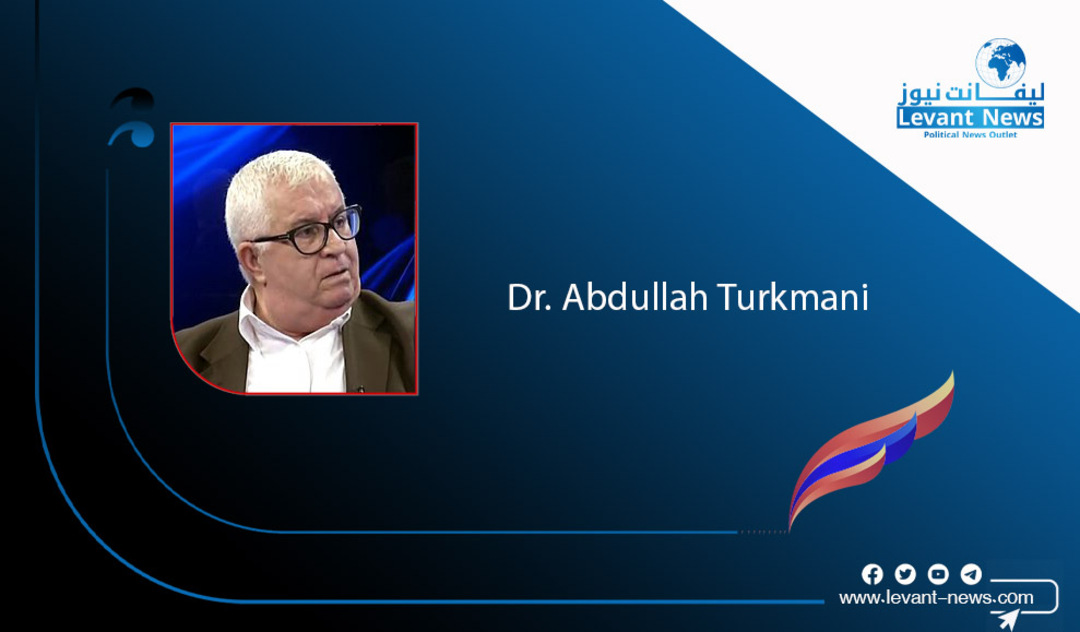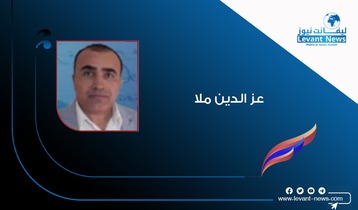-
The Determinants of the Historical Reconciliation between Secularists and Islamists in a New Syria

The issue of reconciliation raises a series of questions: Is there a necessity for some form of relationship between religion and the state? If the answer is yes, what form should it take? What are its manifestations, determinants, boundaries, and positives and negatives? What kind of authority would emerge in the event of Islamist dominance, and what kind of state would that entail? To what extent are they capable and willing to respect the international charter on human rights? And what do secularists aim for regarding the nature of the Syrian state, citizenship, and governance?
The major challenge facing supporters of Syrian jihadist Salafism lies in their stance on equality among citizens, regardless of other considerations such as religion, sect, or ethnicity. This equality requires their Islamic reference to serve as a progressive, inclusive framework that embraces all forms of political and religious diversity within a united Syrian national identity. The challenges and questions are numerous and revolve around concepts such as civil statehood, democratic governance, notions of citizenship, and the system of rights and freedoms for all without discrimination.
Conversely, the most significant challenge for Syrian secularists is acknowledging that the Islamic condition in Syria is an integral part of the social, cultural, and political fabric; ignoring its presence or threatening it, as some do, is a mistake. Treating Islamists solely as rigid religious or ideological currents, without recognizing them as social movements and political forces that influence and are influenced by their surrounding environment, deprives us of the possibility of seeking consensus to build a new Syria based on the rule of law and justice.
Secularists should avoid encouraging ideological polarization and societal division. Instead, they must focus on tools of political action—developing political, economic, social, and cultural programs.
To maximize the chances of a meaningful reconciliation, the Syrian Islamist movement must abandon ambiguity regarding: equal citizen rights, pluralism, peaceful power transfer, the concept of a religious state, and the use of violence against differing opinions. The core issue is whether it is possible to propose a notion of citizenship grounded in reconciliation between a believing society and a non-religious state. Can we construct a form of “secularism” based on the “neutrality of the state” away from ideologies and religions, but with a rational, critical framework that fosters an environment of critique, freedom of belief, thought, and expression for all?
In this context, it must be acknowledged that Syria encompasses a religious, sectarian, and ethnic diversity that presents a luminous civil model of coexistence and interaction. The relationship between the homeland and its components can be one of harmony and complementarity when clear boundaries are maintained between shared and private spaces. However, conflicts may arise when components seek to expand their private domains at the expense of shared spaces or when transitional leadership attempts to enlarge the common space at the expense of cultural particularities.
Secularists must also refrain from fostering ideological polarization and social division, focusing instead on the means of political action—formulating political, economic, social, and cultural programs—based on the understanding that the state’s primary role is political, with interests aligned with those of the Syrian people, and its relations with society being contractual.
For the chances of success to be real, efforts must be unified towards building a society based on freedom, dignity, and the rule of law. This entails the state maintaining neutrality among Syrian components within the framework of “citizenship,” and remaining impartial regarding religions and ideologies.
Rebuilding the rule of law and the state of rights cannot be achieved under leaderships engaged in uncontrolled rivalry, which could descend into chaos—this applies equally to some secularists and Islamists. Mutual recognition of each group’s right to offer different interpretations of issues and problems is essential because their existence is necessary to create an open space of freedom and to build a state of law and rights.
Within this context, two possibilities are emerging: one, a historic reconciliation between political and societal factions—particularly between secularists and Islamists—that allows for a peaceful transition toward a modern nation-state, accepted by all as a matter of our collective choice; and two, the opposite possibility, which entails descent into conflict and chaos. These two scenarios are historic alternatives for the current Syrian reality—one offers opportunity, while the other threatens catastrophe. To realize the chance for a positive outcome, efforts must be unified to build a society rooted in freedom, dignity, and the rule of law.
Dr. Abdullah Tirkmani
You May Also Like
Popular Posts
Caricature
BENEFIT Sponsors BuildHer...
- April 23, 2025
BENEFIT, the Kingdom’s innovator and leading company in Fintech and electronic financial transactions service, has sponsored the BuildHer CityHack 2025 Hackathon, a two-day event spearheaded by the College of Engineering and Technology at the Royal University for Women (RUW).
Aimed at secondary school students, the event brought together a distinguished group of academic professionals and technology experts to mentor and inspire young participants.
More than 100 high school students from across the Kingdom of Bahrain took part in the hackathon, which featured an intensive programme of training workshops and hands-on sessions. These activities were tailored to enhance participants’ critical thinking, collaborative problem-solving, and team-building capabilities, while also encouraging the development of practical and sustainable solutions to contemporary challenges using modern technological tools.
BENEFIT’s Chief Executive Mr. Abdulwahed AlJanahi, commented: “Our support for this educational hackathon reflects our long-term strategic vision to nurture the talents of emerging national youth and empower the next generation of accomplished female leaders in technology. By fostering creativity and innovation, we aim to contribute meaningfully to Bahrain’s comprehensive development goals and align with the aspirations outlined in the Kingdom’s Vision 2030—an ambition in which BENEFIT plays a central role.”
Professor Riyadh Yousif Hamzah, President of the Royal University for Women, commented: “This initiative reflects our commitment to advancing women in STEM fields. We're cultivating a generation of creative, solution-driven female leaders who will drive national development. Our partnership with BENEFIT exemplifies the powerful synergy between academia and private sector in supporting educational innovation.”
Hanan Abdulla Hasan, Senior Manager, PR & Communication at BENEFIT, said: “We are honoured to collaborate with RUW in supporting this remarkable technology-focused event. It highlights our commitment to social responsibility, and our ongoing efforts to enhance the digital and innovation capabilities of young Bahraini women and foster their ability to harness technological tools in the service of a smarter, more sustainable future.”
For his part, Dr. Humam ElAgha, Acting Dean of the College of Engineering and Technology at the University, said: “BuildHer CityHack 2025 embodies our hands-on approach to education. By tackling real-world problems through creative thinking and sustainable solutions, we're preparing women to thrive in the knowledge economy – a cornerstone of the University's vision.”
opinion
Report
ads
Newsletter
Subscribe to our mailing list to get the new updates!






















